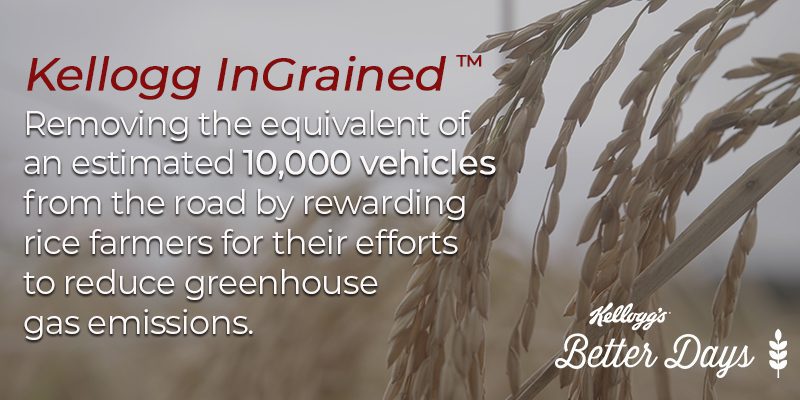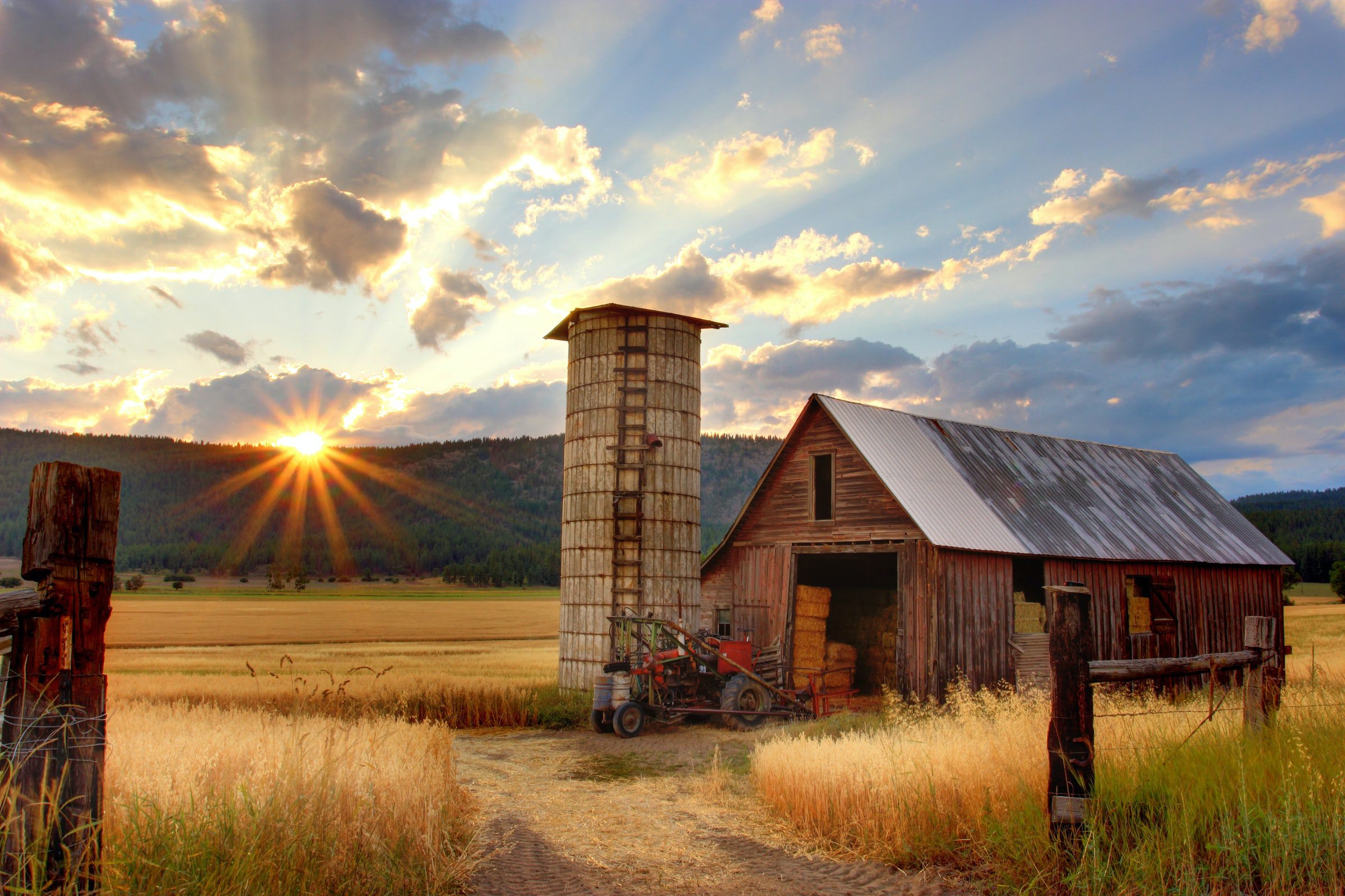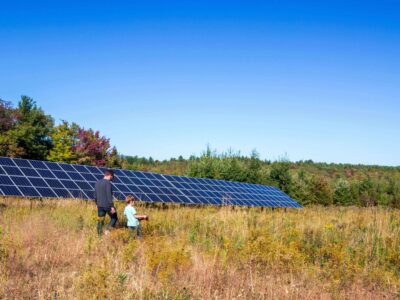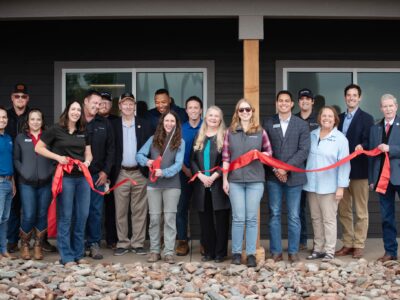The Kellogg Company, more commonly known as “Kellogg’s,” has launched a new program collaborating with its rice farmers to incentivize carbon reduction across the harvesting process, dubbed “Kellogg InGrained.”
The initiative is designed to last five years and is exclusively targeted at Lower Mississippi River Basin rice farmers – the region in which two of their most successful cereal products are sourced: Special K and Rice Krispies. Most of the ingredients for these family favorites are from that region, and Kellogg’s remains hopeful that this progressive initiative will have a substantive impact – aiming to reduce up to 51,000 tons of greenhouse gas emissions (GHG) from the rice supply chain throughout the program, according to the company’s statement.

Rice is a pillar of most of Kellogg’s offerings and is a global nutritional staple, with over 50% of the world population relying on it as a regular form of sustenance. The harvesting, processing, and supply chain account for 12% of the world’s total carbon monoxide emissions, begging the question of what solutions corporations can install to mitigate greenhouse gasses’ effects.
The Michigan headquartered company was founded in 1906 under the name Battle Creek Corn Flake Company by William Kellogg and has since offered an array of natural plant-based foods, namely cereals and granola. Officially taking the name of The Kellogg Company in 1922, it has a track record of notable domestic responsibility for its employees and other struggling Americans. In 1931, amid The Great Depression, the company shifted its standard factory work week to 30 hours versus the previous 40-hour standard to allow for an additional shift of workers to be employed during the world’s worst financial crisis.

In addition to staying true to its roots as a family-run business despite its enormous growth, Kellogg’s is not new to supporting initiatives that benefit the longevity of its supply chain . In 2014, they urged President Obama to support the Paris Agreement. In 2016, the company asked former President Trump to continue America’s participation. Last year, the company launched a $363 million 8-year sustainability bond.
Kellogg InGrained continues its dedication to finding a path forward inclusive of sustainability practices and meaningful corporate responsibility. Still, Kellogg’s is aware of the hurdles it may face in doing so.

“The program will be trial and error and will share its challenges,” the company published on its website. They continued by adding that the progress the program could make has the potential to be industry-changing – the equivalent of taking 10,000 cars off the road.
Notability, the program involves both training and financial support for rice farmers in the Lower Mississippi River Basin. Kellogg has allotted the program $2 million for financial assistance in addition to the training provided and a per-carbon ton rate to incentivize farmers to push past expected rates of declined emissions.
The training Kellogg is providing is centered around irrigation management, nutrient management, and soil health to establish long-lasting, sustainable agriculture practices. “[The program] will show us how we’ll be supported and who will train us,” writes Meryl Kennedy, the owner of family-owned Kennedy Rice Mill in Northeast Louisiana, who harvests for Kellogg. “The program’s other partners are measuring and providing the program’s data. That’s huge. It’s not like most other programs.”





